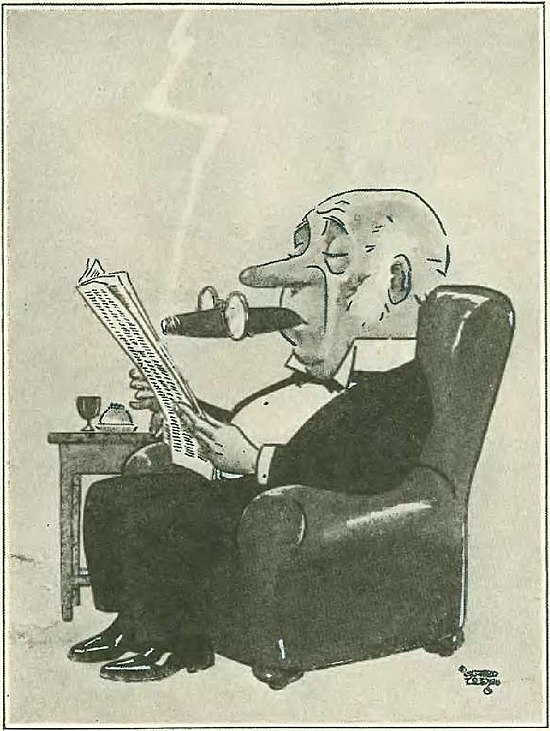lication. He changed the word “appalling” to “appealing.”
Mr. Dillingham’s “Peter Pan,” with Marilyn Miller heading the charge, has moved on to Boston and he is meditating on a revival of “The Little Minister.” The town has been rife with rumors that the leading roles of that earlier Barrie comedy would be recklessly entrusted to Ruth Chatterton and Master Ralph Forbes. If Mr. Dillingham finds himself still alive after that venture, it is probable that he will embark at once on a revival of all the Barrie masterpieces with the following stars:
Marie Dressler as Phoebe ‘Throessel in “Quality Street”; Maurice and Hughes in the leading roles in “What Every Woman Knows"; Sophie Tucker in “The Legend of Leonora”; Jimmie Hussey in “The Admirable Chrichton.”
And while Mr. Forbes is rehearsing the part of Gavin Dishart, there is another rumor that Mr. Dillingham himself will join the Marilyn Miller company to play the role of Michael.
For a proper understanding of the ensuing anecdote, it is necessary to know that Heywood Broun, dramatic critic of the World, is nevertheless a person of consequence in the eyes of Morris Gest and that further the same Gest attaches to the good opinion of Adolph S. Ochs, publisher of the New York Times, a value reserved by the rest of us for our right eyes. Further, that Heywood Broun objects violently to audience conversation in his vicinity during the course of a play.
At the opening of the Chauve Souris, at the Forty-Ninth Street Theatre, Broun was greatly annoyed by the incessant chattering of a theatre-goer directly behind him. (It was, to put an end to the suspense, Adolph S. Ochs.) Seeking counsel in between the acts, Broun was maliciously advised to protest to Gest. Which he did, but unfortunately Mr. Gest, though in complete ignorance of the source of Broun’s annoyance, merely advised him to speak harshly to the culprit.
Thereby, alas, was lost what would have been the most enjoyable scene of the dramatic decade. The imagination can conjure up no happier picture than that of Mr. Gest rushing madly down the aisle, intent upon throwing bodily out of the theatre the person who was so offending the powerful Mr. Broun of the World. Only upon discovering that the culprit was the Mr. Ochs of the Times, from whom all first-page blessings flow, to turn about and summarily eject Broun.

Flor de Pince Nez
Life of a Popular Song
Written, in Tin Pan Alley, on Monday.
Published, in Tin Pan Alley, Tuesday.
Tried out Wednesday.
Broadcast to the uttermost parts of the earth and half way to Mars on Thursday.
Popular Friday.
No Sales on Saturday.
Canned on Sunday.
From the Opinions of a New Yorker
New York is noisy.
New York is overcrowded.
New York is ugly.
New York is unhealthy.
New York is outrageously expensive.
New York is bitterly cold in winter.
New York is steaming hot in summer.
I wouldn’t live outside New York for anything in the world.—C. G. S.
The Painted Lily
A Portrait
Due to the fiction of devilishness built around her, she feels it necessary to assume an attitude of complete innocence—so complete, in fact, that the word ignorance might be more appropriate. Her best lines are: “I adore chinchilla,” “Champagne, please,” and “Do you really love me?” She prefers taxis to street cars, and Rolls-Royces to taxis. Her favorite resorts are the Ritz and Reno, and she is mad about caviar. Some day she is going to play Ophelia, but in the meanwhile she expects to land a small part in “Naughty Nellie’s Knee.” She is invariably late for an appointment, and has usually forgotten something vitally important—not infrequently herself.
—C. G. S.
Mother Goose on the Radio
Little Boy Blue, come blow your horn.
Sheep in the meadow, cows in the corn!
… But Little Boy Blue to the town had flown
To toot his horn to a microphone.
